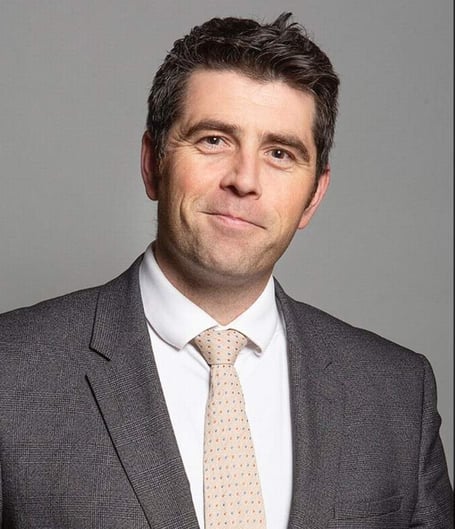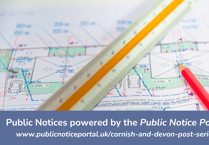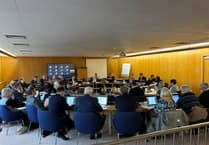I AM pleased that the Prime Minister has announced changes in the UK’s climate policy.
For too long there have been those who argue ideologically that we should move even further and faster towards net-zero, with no regard to the cost to people’s lives or how much we have already achieved compared to other countries.
The UK is already ahead of schedule on our climate change commitments and has done more than other countries. We have had the fastest reduction in greenhouse gas emissions in the G7: down almost 50 per cent compared to 1990, compared to just 22 per cent for France, no change for the US, and an increase for China of 300 per cent. Technological advances have reduced costs more than forecast (such as offshore wind costs down by 70 per cent), and we have seen higher than forecast adoption of clean technologies like EVs. If you have concerns about changes to our climate policy, please get in touch.
Many of you will have seen the news that both Lloyds and Halifax bank branches in Bodmin have now been scheduled to shut in 2024.
Cash remains an important part of daily life for many people in North Cornwall, which is why the government has legislated for the protection of access to cash. The Financial Services and Markets Act will ensure the continued availability of withdrawal and deposit facilities across the constituency.
The act follows a detailed consultation on cash access which took place in 2021. Decisions on opening and closing branches are a commercial issue, and the government does not intervene in these.
However, the Financial Conduct Authority’s (FCA) guidance expects firms to carefully consider the impact of any planned closure on their customers’ everyday banking and cash access needs and consider possible alternative access arrangements for those who rely on in-person services.
I am therefore pleased to learn that a banking hub will be introduced to Bodmin. This will ensure the availability of banking services in the town.
This week we announced millions of families will receive the second of three £300 Cost of Living Payments between October 31 and November 19, helping the most vulnerable people with day-to-day costs as we deliver on our promises to halve inflation, grow the economy, and reduce debt.
Putin’s war in Ukraine and our recovery from the pandemic has seen inflation rise – this is a tax on people’s income and is putting pressure on household budgets. That is why between October 31 and November 19, millions of families on means-tested benefits will receive a second Cost of Living Payment, totalling £900 across three payments – with some families receiving £1,350 of support in total.
Payments will be made automatically, and eligible pensioner households will also receive a further £300 payment later this year as an addition to the Winter Fuel Payment.
This builds on our support with the cost of living, including energy bill payments, as we work to halve inflation, grow the economy, and reduce debt.





Comments
This article has no comments yet. Be the first to leave a comment.